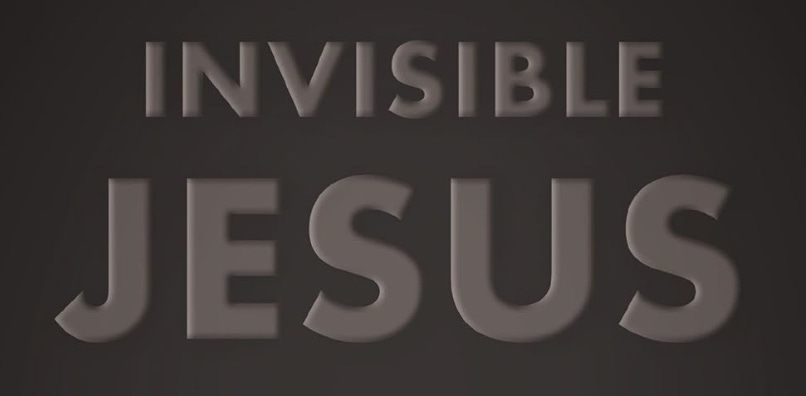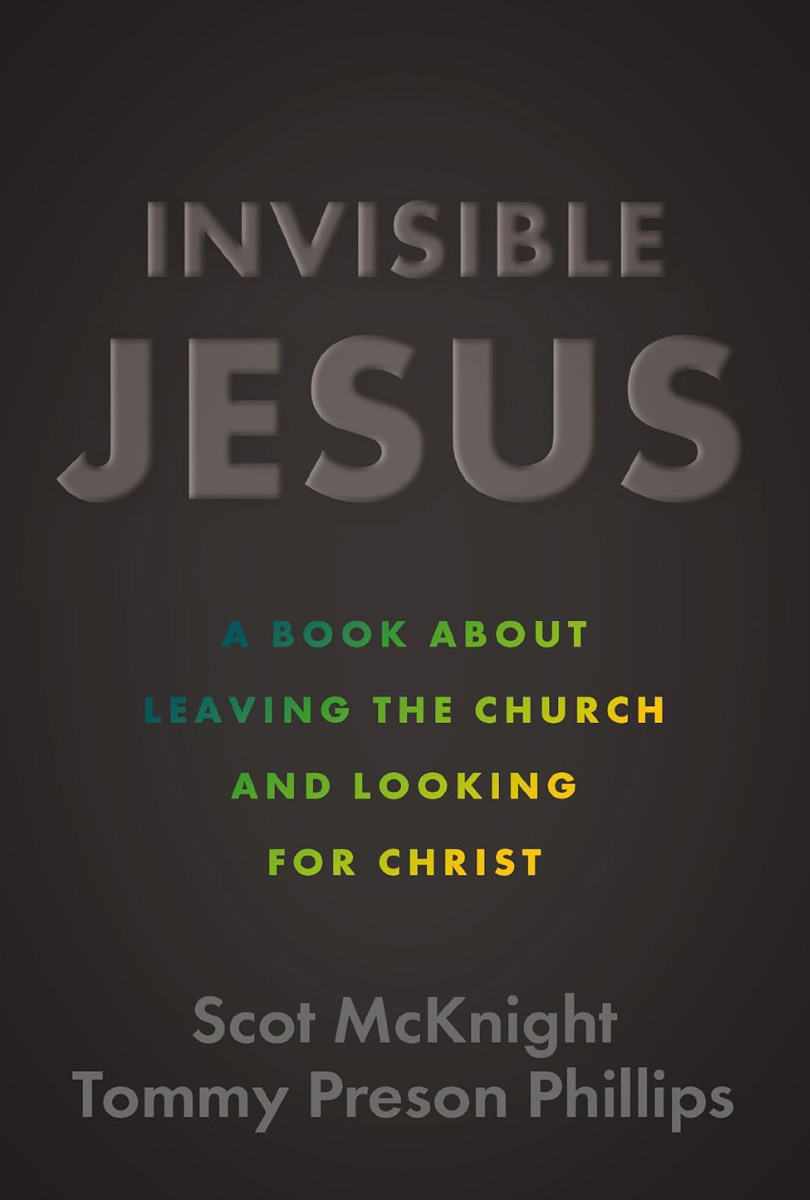A month or so ago Kris and I were in a group of evangelicals, though I am not confident each would lay claim to the label. At the very least, most of them were former evangelicals and attended evangelical churches, and had – here we go – a predictably evangelical political orientation. You know, the anti-abortion, pro-capitalism (of the compassionate sort), don’t-like-where-the-Dems-are-headed sorts. Most of these folks had that political persuasion most of their adult years, and especially since the Reagan years.
A suggestion: In the Reagan years many activists Southern Democrats joined the Republicans. Their children have been leaving the GOP, but especially now in the Trump years. I checked with a sociologist recently who told me that one can’t find numbers for this suggestion. There are no numbers about the children of former Southern Dems, or for Southern Dems who shifted to GOP under Reagan. Thus, I’m making a suggestion. What is undeniable is the growth of progressive evangelicals. My suggestion is that many of those who grew up in strong GOP homes are flipping their parents’ votes.
Experience convinces me the times have changed. Over and over in my years teaching undergrads and my years of teaching seminary students I have heard stories of students who grew up both Born-Again and GOP. Thus, they grew up GUBA and GOP. It does not take much digging to know that evangelical born-againism and GOP politics went hand-in-hand. We know a woman who went to a conservative Christian college who, in an early class when a professor seemed to have asked about politics, discovered she was the only one who intended to vote Democrat in the entire class of about forty. Let’s accept the point: evangelicalism and the GOP were at the last vote united at about 80%. Abortion became for many the reason (or the totem), but that was the dogwhistle and platform issue manipulated by many politicians to attract evangelicals as well as to self-identify. It took about 35 years of politicking to get the Supreme Court justices to come around. (Don’t get me started on Supreme Court and political persuasions because the two are designed by the Founders to remain separate.)
Back to our time with that group: Everyone in the room was pro Kamala Harris, and just as much for what she stood for (with exceptions) as against Trump, which was no small matter. The issue that day was not GOP vs. Democrat but Kamala Harris vs. Donald Trump. Their politics were every bit as much character evaluation, if not more, than political platform. Twenty or thirty years ago I don’t believe one would encounter many evangelical groups where the room was overwhelmingly voting Democrat – that is, in a typical group of evangelicals.
What has happened? Let me put it boldly and I can’t prove it: the children of Reagan era evangelical support for the GOP are increasingly becoming Democrat. They have seen what has become of the evangelical alignment with the GOP and they don’t like that has become of their parents or their parents’ friends or the ones claiming to be evangelicals who are active in politics.
In an about-to-be-available book, Tommy Phillips and I open a door on those who are deconstructing, not because they want to leave the faith, but they want to leave their particular church and find a more Jesus-shaped church. The book is called Invisible Jesus: A Book about Leaving the Church and Looking for Christ. We like to think of it as the exit interview their former churches never gave these deconstructors. We have seen time and time they are looking for Jesus. One of the major reasons for their deconstruction posture is the alignment of their parents and mentors with the GOP when that alignment ought to be called into question.
My suggestion again: I suspect we will see something like a 70-75% alignment of evangelicals with Trump vs. the former 80% or so. The younger or former evangelicals are shifting Democrat. Anyone seeing reliable numbers on this?
Social justice concerns are very much part of it. Belief in universal health care – for good, solid Christian reasons – is part of it. Convictions that runaway capitalism is ruinous to American society is part of it. The lack of compassion for minority immigrants is part of it. The reality of white supremacy and racism are more than a little part of it. Christian nationalism is part of it, and what I have heard over and over is that these younger, former evangelicals cannot believe more evangelical leaders have refused to speak up and speak out and speak against the rise of Christian nationalism and white supremacy as the silent, but real, feature on the platform. The evangelical-GOP has utterly lost its prophetic voice. Barely a croak is left.
The evangelical alignment with the GOP years are fading, and I hope evangelicalism has learned the lesson that I picked up from the following voices:
Stanley Hauerwas tells the story of a conversation he once had with a Jewish philosopher who thumped Hauerwas in the chest with the contention that he (Hauerwas) was opposed to prayer in public schools only because he was against Jerry Falwell, which staggered Hauerwas momentarily. So he wrote up a splendid piece called “A Christian Critique of Christian America,” where he drew this important conclusion:
… what I have attempted to do is to show that the reason Falwell is such a challenge to the Christian mainstream is not because he is so different from them, but because he has basically accepted their agenda.
Exactly. Forever and amen. Too many today are seeking to coerce the public or, more mildly, seeking to influence the public into their viewpoint through political agitation and majority rule. It is the Christian’s “Constantinian Temptation.” Also, Forever and Amen. Hauerwas describes the ultimate goal of both sides:
… their common goal of making American democracy as close as possible to a manifestation of God’s Kingdom.
I need not provide details in a history told by others well. But I will say that Hauerwas and I agree that American democracy can’t be the kingdom of God until it submits, for one thing, to Jesus as the redemptive king. Not gonna happen.
Carl Henry is someone who can’t be any more evangelical. He wrote,
Christians have biblical reason for seeking a predominantly regenerate society.
Of course. Conversionism pervades. That aim, however, he says doesn’t mean what many think it might mean. He asks some piercing questions:
But do they … have reason also to legislate all scriptural principles upon public institutions including government and schools? Even if they should become the majority, would it be wise to do so?
He presses even further with this:
Will not Christians be disillusioned and in fact discredited if by political means they seek to achieve goals that the Church should ideally advance by preaching and evangelism?
Then he makes a jarring observation that ought to be stirred deeply into the soup of American Christianity:
Despite all the media tumult over [the] Moral Majority and the high public visibility of its leader, its extensive solicitation of funds during a six-year political crusade – claiming to speak for six million households – has not achieved passage of a single major piece of legislation cherished by the conservative right.
Until, ironically the least evangelical of all, Trump. Evangelicalism has suffered immensely for its politics of alignment with the GOP. The next generation, we think, will undo what its parents did.
James Davison Hunter has claimed that what is needed for evangelicals is not power but for it to become a “faithful witness.” Other political commentators are standing alongside Hauerwas and Henry and Hunter. I turn finally to some important words by Randy Balmer, in his book God in the White House:
My reading of American religious history is that religion always functions best from the margins of society and not in the councils of power. Once you identify the faith with a particular candidate or party or with the quest for political influence, ultimately it is the faith that suffers.
He concludes with a subtle, but searing, reminder that politics works by compromise and “Compromise may work in politics. It’s less appropriate to the realm of faith and belief.”
These voices are pointing to the vacuousness of the evangelical alignment with the GOP. Some of the original converts to Reaganism have flipped, but I suspect their children are the ones who will lead to a different evangelical politics, even if the word “evangelical” finds a different home.
Almighty God, you proclaim your truth in every age by many voices:
Direct, in our time, we pray, those who speak where many listen and write what many read; that they may do their part in making the heart of this people wise, its mind sound, and its will righteous; to the honor of Jesus Christ our Lord.
Amen.
The Book of Common Prayer






There’s so much here worthy of reflection and expansion. Can’t do it in a comment section. Look for a SubStack tomorrow on this and related issues.
Thank you Scott. I became a Christ follower in the early 1970’s ( Jesus freak movement era). Most of the group of people ( teenagers and young adults in their early 20’s) are very strong in the GOP , I am not.
Thank you for writing on this.